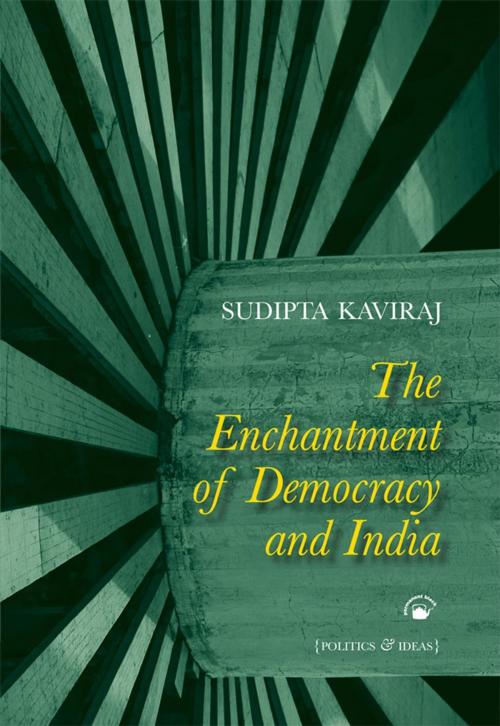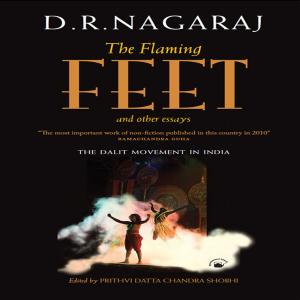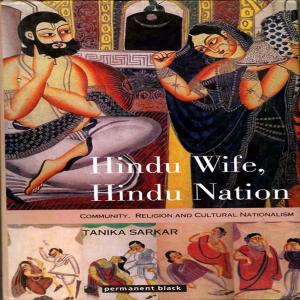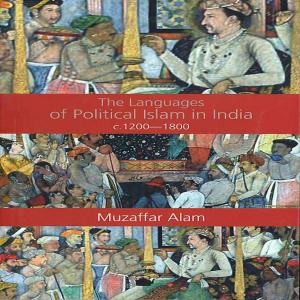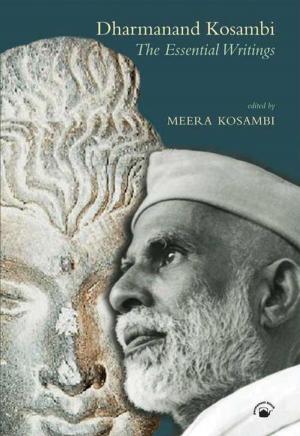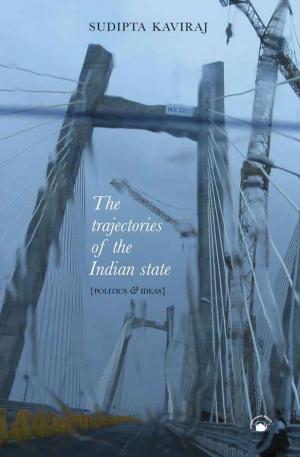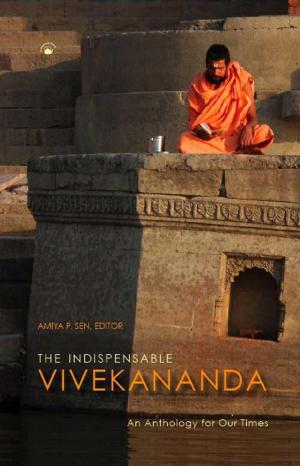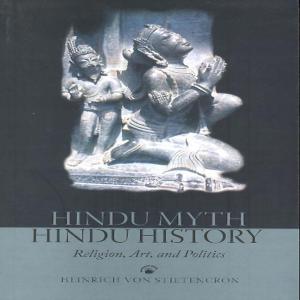The Enchantment of Democracy and India
Politics and Ideas
Nonfiction, Social & Cultural Studies, Political Science, Government, Democracy| Author: | Sudipta Kaviraj | ISBN: | 9788178244440 |
| Publisher: | Permanent Black | Publication: | December 15, 2009 |
| Imprint: | Language: | English |
| Author: | Sudipta Kaviraj |
| ISBN: | 9788178244440 |
| Publisher: | Permanent Black |
| Publication: | December 15, 2009 |
| Imprint: | |
| Language: | English |
Sudipta Kaviraj has long been recognized as among India’s most thoughtful and wide-ranging political thinkers and analysts, one of the subtlest and most learned writers on Indian politics. Paradoxically, this has remained something of a state secret, because Kaviraj’s writings have remained scattered in journals difficult to access.The essays in this volume try to approach Indian democracy from different angles. Kaviraj argues that it is wrong to believe that with the rise of modernity human societies suffer complete disenchantment: modernity creates new forms of enchantment, and democracy is, in fact, part of the political enchantment of modernity.Focusing on Indian democracy, Kaviraj shows the limits of marxist and liberal political analyses. In its Indian incarnation, he says, liberal democracy has had to inhabit an unfamiliar cultural and historical world whose peculiarities are very different from the peculiarities of European societies.Viewed by conventional political theory, Indian democracy appears inexplicable. It defies all the preconditions that theory lays down for the success of democratic government—namely, a strong bureaucratic state, capitalist production, industrialization, the secularization of society, and relative economic prosperity. The durability of Indian democracy shows that instead of asking how Indian democracy has survived, we need to ask if those are in fact preconditions for democracy.These and many other fascinating issues of democracy’s relationship with religion, identity, development, inequality, and culture comprise the themes that link the essays in this brilliant and insightful collection.
Sudipta Kaviraj has long been recognized as among India’s most thoughtful and wide-ranging political thinkers and analysts, one of the subtlest and most learned writers on Indian politics. Paradoxically, this has remained something of a state secret, because Kaviraj’s writings have remained scattered in journals difficult to access.The essays in this volume try to approach Indian democracy from different angles. Kaviraj argues that it is wrong to believe that with the rise of modernity human societies suffer complete disenchantment: modernity creates new forms of enchantment, and democracy is, in fact, part of the political enchantment of modernity.Focusing on Indian democracy, Kaviraj shows the limits of marxist and liberal political analyses. In its Indian incarnation, he says, liberal democracy has had to inhabit an unfamiliar cultural and historical world whose peculiarities are very different from the peculiarities of European societies.Viewed by conventional political theory, Indian democracy appears inexplicable. It defies all the preconditions that theory lays down for the success of democratic government—namely, a strong bureaucratic state, capitalist production, industrialization, the secularization of society, and relative economic prosperity. The durability of Indian democracy shows that instead of asking how Indian democracy has survived, we need to ask if those are in fact preconditions for democracy.These and many other fascinating issues of democracy’s relationship with religion, identity, development, inequality, and culture comprise the themes that link the essays in this brilliant and insightful collection.
